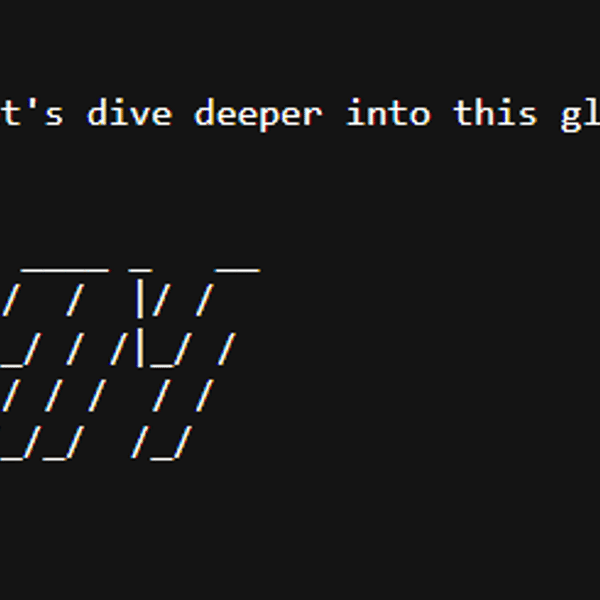How to Recover Scammed Cryptocurrency

How to Recover Scammed Cryptocurrency: A Comprehensive Guide
In the ever-evolving world of cryptocurrency, the potential for innovation and financial freedom is met equally with risks and challenges—most notably, scams. If you've found yourself a victim and are wondering how to recover scammed cryptocurrency, you're not alone. This comprehensive guide aims to provide you with insightful steps and information necessary to navigate through such an unfortunate event.
Understanding the Landscape
Cryptocurrency and blockchain technology promised a decentralized revolution, but with it came the complexity and anonymity, which, while advantageous, also attract malicious actors. From Ponzi schemes to phishing attacks, scammers have exploited these tools to deceive countless investors and traders.
Immediate Steps to Take
The moment you realize that you've been scammed, time is of the essence. Here’s what you should do immediately:
-
Document Everything: Gather all communication records, transaction IDs, and any details related to the scam. This information will be crucial for recovery efforts and legal actions.
-
Contact Your Exchange: Reach out to your cryptocurrency exchange promptly. If you used Bitget Exchange, inform them about the scam. They might not be able to reverse transactions due to blockchain's immutable nature, but they can provide guidance and even freeze the assets if the scammer tries to liquidate through the exchange.
-
Inform the Authorities: Report the scam to local and international authorities. Many countries have established cybercrime units that handle such cases. Filing a report can help in investigations and potentially track down the culprits.
The Role of Blockchain Analysis
Blockchain’s transparency, while a double-edged sword, allows for detailed transaction tracking. Tools like blockchain explorers facilitate the vulnerability of tracking where your cryptocurrency went post-scam. However, reading these charts and transaction flows can be challenging without proper knowledge.
Engaging Blockchain Forensics
Using professional blockchain forensic services can significantly boost the chances of tracking and possibly recovering stolen funds. These specialists use advanced tools and techniques to trace funds that traverse through various wallets and exchanges.
Leveraging Web3 Wallet Security
Prevention is better than cure, and in the world of cryptocurrency, securing your assets upfront is paramount.
-
Use a Secure Wallet: Transitioning to a secure Web3 wallet such as Bitget Wallet reduces risk. Bitget Wallet offers enhanced security features, addressing vulnerabilities that scammers typically exploit.
-
Activate Multi-Factor Authentication (MFA): Ensure that your wallet and accounts are equipped with MFA. This adds an essential layer of security against unauthorized access.
Community and Legal Action
Not all recovery options involve digital tracking; sometimes, reaching out to the broader crypto community may help. Here’s how:
-
Join Crypto Forums and Groups: Engage with online communities on platforms like Reddit and Bitcointalk. Fellow crypto enthusiasts might provide leads or have encountered similar scams.
-
Legal Representation: Consider engaging a lawyer experienced in cryptocurrency. They can provide insights into the best legal avenues to pursue which could involve civil actions to attempt asset recovery.
Prevention Tips for the Future
To safeguard against future scams, adopt these practices:
- Educate Yourself: Continuously educate yourself about new scams and common techniques used by scammers.
- Verify Sources: Always verify the authenticity of wallets, dApps, and exchanges before transacting.
- Be Skeptical: Be wary of offers that seem too good to be true; they usually are.
Leveraging Exchange Safeguards
Using reliable exchanges like Bitget Exchange that have stringent security measures and thorough vetting processes for listed tokens can also help prevent becoming a scam victim.
Final Thoughts
Finding yourself in a situation where your cryptocurrency has been scammed is daunting, but all is not lost. By acting quickly, employing a mix of technical tools and community support, and taking preventative measures, you can navigate the situation with hope of recovery. The road to recovering scammed cryptocurrency is fraught with challenges, but it's not insurmountable. Equip yourself with the right knowledge and tools, and diligently protect your digital assets because in the world of cryptocurrency, security is paramount.
Want to get cryptocurrency instantly?
Latest articles
See moreAbout author
I'm Ravi Clark, a bilingual guide in the crypto space. I interpret the transformative journey of Ethereum 2.0 and the risk assessment of DeFi lending protocols in English, while analyzing the opportunities in Delhi's crypto startup ecosystem and blockchain education initiatives in North India in Hindi. Having participated in a government blockchain pilot project in New Delhi and explored global collaboration models of DAO organizations in San Francisco, I'll present the real-world applications and future visions of blockchain technology across diverse regions and cultures through bilingual storytelling.





















